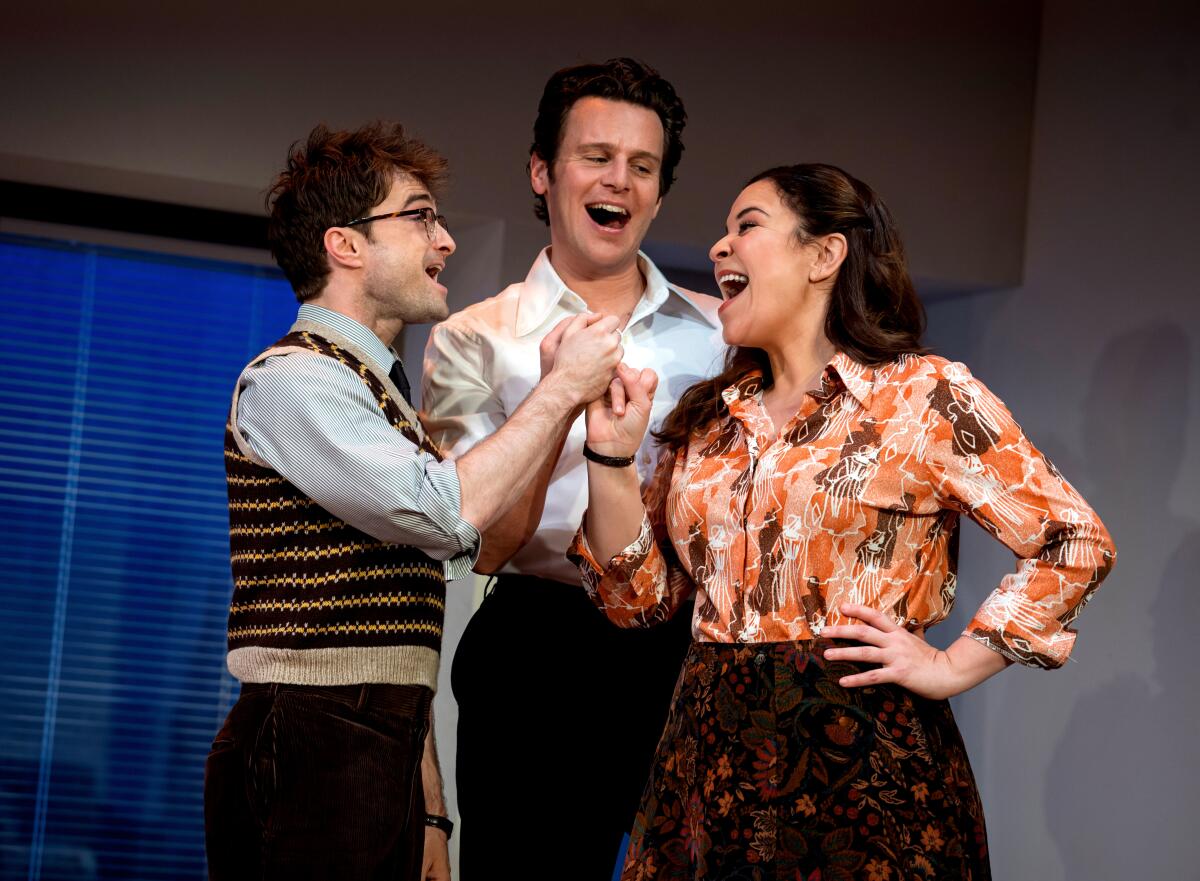Hours after Napheesa Collier made a thorough, spectacular argument in favor of the idea that women should be paid to play basketball, the Las Vegas Aces and Indiana Fever supported their colleague's assertions by contesting one of the best and gnarliest games of the WNBA playoffs. The Aces won the Game 5 thriller in overtime, 107-98, against an increasingly depleted Fever team, and earned a ticket to their third Finals in four years. It is striking that as different as the circumstances of this particular run are from the previous two, when the going got tense, it was once again the eternal trio of A'ja Wilson, Jackie Young, and Chelsea Gray that slammed the door shut.
It took all the star power the Aces could muster, as the Fever played determined, cohesive hoops all night. Kelsey Mitchell's electric scoring and Aliyah Boston's straightforward excellence have been the best individual stories of the Fever's run, though what made it special was the speed and connectivity of their team ball. Mitchell, suffering from cramping so severe that she was briefly hospitalized, and Boston, in foul trouble all night, played the fewest minutes of Indiana's starters as Game 5, and the biggest performances came from further down the pecking order.
Odyssey Sims and Natasha Howard combined for 43 points and 11 assists, most of which came three or four actions into a given offensive possession. Vegas has some fantastic individual defenders, though they can be pulled out of shape. That is not easy without Mitchell's individual brilliance. The downside to having to go that deep in possessions to find an advantage can be seen in Indiana's 19 turnovers, yet the way they made space with clever screening and variety was extremely impressive. Sims's ballhandling has created problems for defenses all playoffs, and while Mitchell and Boston have been the ones to capitalize most frequently, Sims had to step up in Game 5. The veteran delivered a playoff career-high 27-point night, capped off with the final bucket of regulation on an off-balance floater.
Indiana also pounded Vegas on the glass, with 40 boards to the Aces' 21. Boston herself had 16, including seven offensive rebounds, despite fouling out late in regulation. It's hard to win when you're ceding so many extra possessions, but Vegas played its best offensive game of the playoffs. Though Gray can get cooked on defense and is not the most consistent player, I've long felt that the Aces are at their best when the ball's in her hands. Her passing is deadly, and it allows Wilson and Young to finish plays, which they're better at than initiating them. Gray had her best game of these playoffs with 17 points, six assists, and five stocks. Those numbers hardly tell the story, as she hit a late-clock three in overtime while flying sideways, routinely unzipped the Fever defense with her incisive passing, and put Young and Wilson in position to combine for 67 points. She is so good at the hardest stuff in the game, which is why she's such a playoff legend.
Everything ground to a halt for the Aces in the fourth, as Boston routinely stonewalled their forays to the rim, and Indiana clawed back from a nine-point deficit. But once Boston picked up her sixth foul, battling for a rebound with Young with less than 30 seconds left in the fourth, Vegas clearly looked relieved. Suddenly they were no longer worried about getting through Boston, and they used their newfound interior space to start flinging it out to open shooters. Overtime was a romp, with Vegas scoring 21 points in five short minutes and Gray contributing eight of those herself. With Mitchell in the locker room and a frustrated Boston watching from the bench, the home crowd roared as their team booked a trip back to the Finals.
As I watched Gray, Young, and Wilson celebrate, I was not thinking about the Finals, Alyssa Thomas, or the Phoenix Mercury just yet. Instead, I was thinking about Collier's declaration of war, and how the all-time excellence of these Aces stars is one of the strongest possible arguments in her favor. Before the game, several players involved voiced their support for their union leader, with Wilson saying she was "disgusted" and Gray saying the league hadn't compensated them "for what we feel like we're bringing." What they are bringing, the players in general and the Aces' trio in particular, is ultra-high-level hoops. Implicit (and occasionally explicit) in the cynical counterarguments the league would make in favor of wage suppression is the notion that WNBA hoops simply isn't as telegenic or good as men's basketball. It's an insulting case to make to your labor base and to the league's fans, but also it's one that anyone with eyes could see failing on its basketball merits on Tuesday night.






